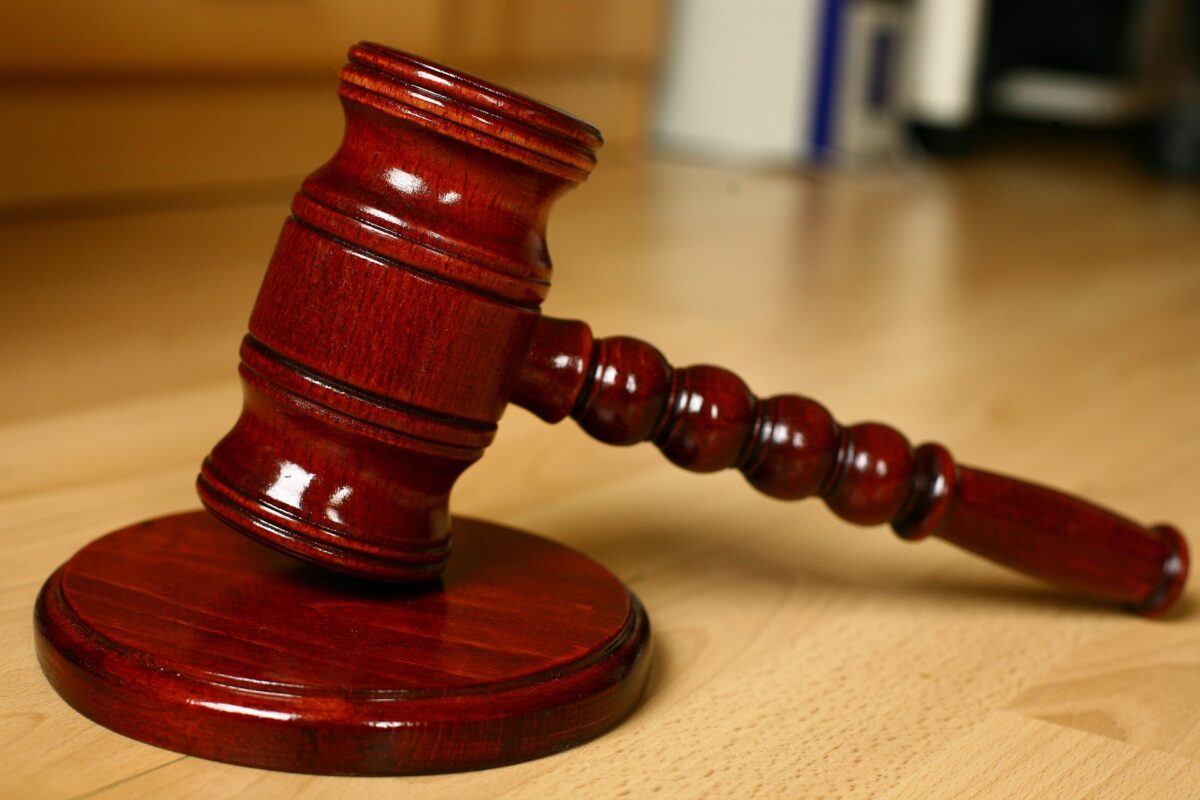
Acting President Han Duck-soo speaks during a Cabinet meeting at the Government Complex in Seoul, Tuesday. Yonhap Can Han Duck-soo appoint Constitutional Court justices, veto bills? By Anna J. Park Rival parties have been clashing over the extent of power and authority that acting President Han Duck-soo should wield in key state affairs after President Yoon Suk Yeol was suspended from duties last Saturday, according to party officials and political watchers, Tuesday.
One of the most urgent issues at the moment is the appointment of Constitutional Court justices. Since October, three of the nine seats on the Constitutional Court have remained vacant, raising concerns about the court’s ability to conduct a thorough and impartial review of the president's impeachment trial. Filling these vacancies has become a pressing priority.

The main opposition Democratic Party of Korea (DPK) has pledged to expedite the appointment process for justices, including holding confirmation hearings later this month. The party announced its plans to conduct confirmation hearings on Dec. 23 and 24, followed by a plenary session of the National Assembly scheduled for Dec.
30 to vote on the appointment approvals. However, Rep. Kweon Seong-dong, floor leader of the ruling People Power Party (PPP), argued Tuesday that it is impossible for the acting president to appoint the three justices before the Constitutional Court rules on Yoon's impeachment case.
"An acting president may appoint Constitutional Court justices in the event of a presidential vacancy, but not during a suspension of presidential duties," Kweon stated. "Since this is a case of suspended presidential duties, not a vacancy, acting President Han cannot appoint justices until the impeachment trial of President Yoon is concluded." Kweon also accused the DPK of reversing its stance on the matter.
"During the impeachment proceedings against former President Park Geun-hye, the DPK questioned then-acting President Hwang Kyo-ahn's authority to appoint Constitutional Court justices, calling it a threat to democracy. At the time, then-DPK leader Choo Mi-ae argued that most constitutional scholars believed an acting president could not appoint justices," he said. An official inspects stored rice at a low-temperature storage facility in Gyeonggi Province, April 4, 2023.
Yonhap The exercise of presidential vetoes on six controversial bills is another major point of contention between the ruling and opposition parties. Among these is the revision to the Grain Management Act. The PPP and the government have been arguing that the act could deepen structural weaknesses in Korea's agricultural market and exacerbate the oversupply of rice, while the DPK pushed for its passage.
Given Han’s strong opposition to the act in the past, a veto appears likely under his interim leadership. Other high-profile bills include two special counsel probe bills, one for alleged treasonous acts related to the short-lived martial law declaration and the other related to the alleged wrongdoings by first lady Kim Keon Hee. With all these bills carrying significant political, legal and economic ramifications, Han has been under growing pressure from the DPK not to veto them.
The opposition party has been threatening to impeach him if he does. In contrast, the ruling party has been asking the acting president — who is also the prime minister — to veto all contentious bills. Acting President Han Duck-soo, fourth from left, speaks during a cabinet meeting held at the Government Complex in Seoul, Tuesday.
This marks his first time presiding over a cabinet meeting since assuming the role of acting president last Saturday. Yonhap. The government is expected to convene an extraordinary Cabinet meeting later this week to make a final decision on how to handle the six bills.
"As the prime minister has mentioned several times, the evaluation and judgment of these bills (whether to reject them or not) will be based on whether they align with the Constitution and the law, as well as the potential impact on the future of the nation," a senior official from the Office for Government Policy Coordination said Tuesday. "When we talk about the future of the nation, one critical consideration will be the extent to which these bills could significantly affect national finances. Another will be whether they introduce distortions into our economic system.
These factors will serve as key criteria, and we will make judgments within the broader framework of ensuring the nation's future.".











